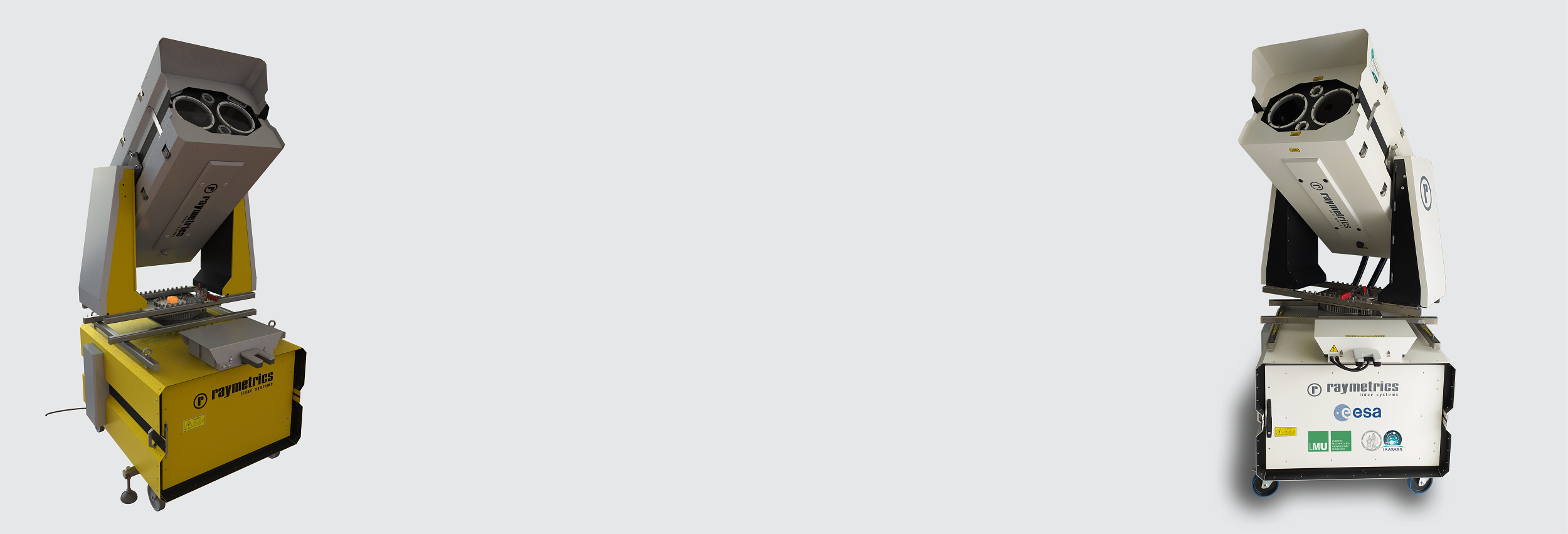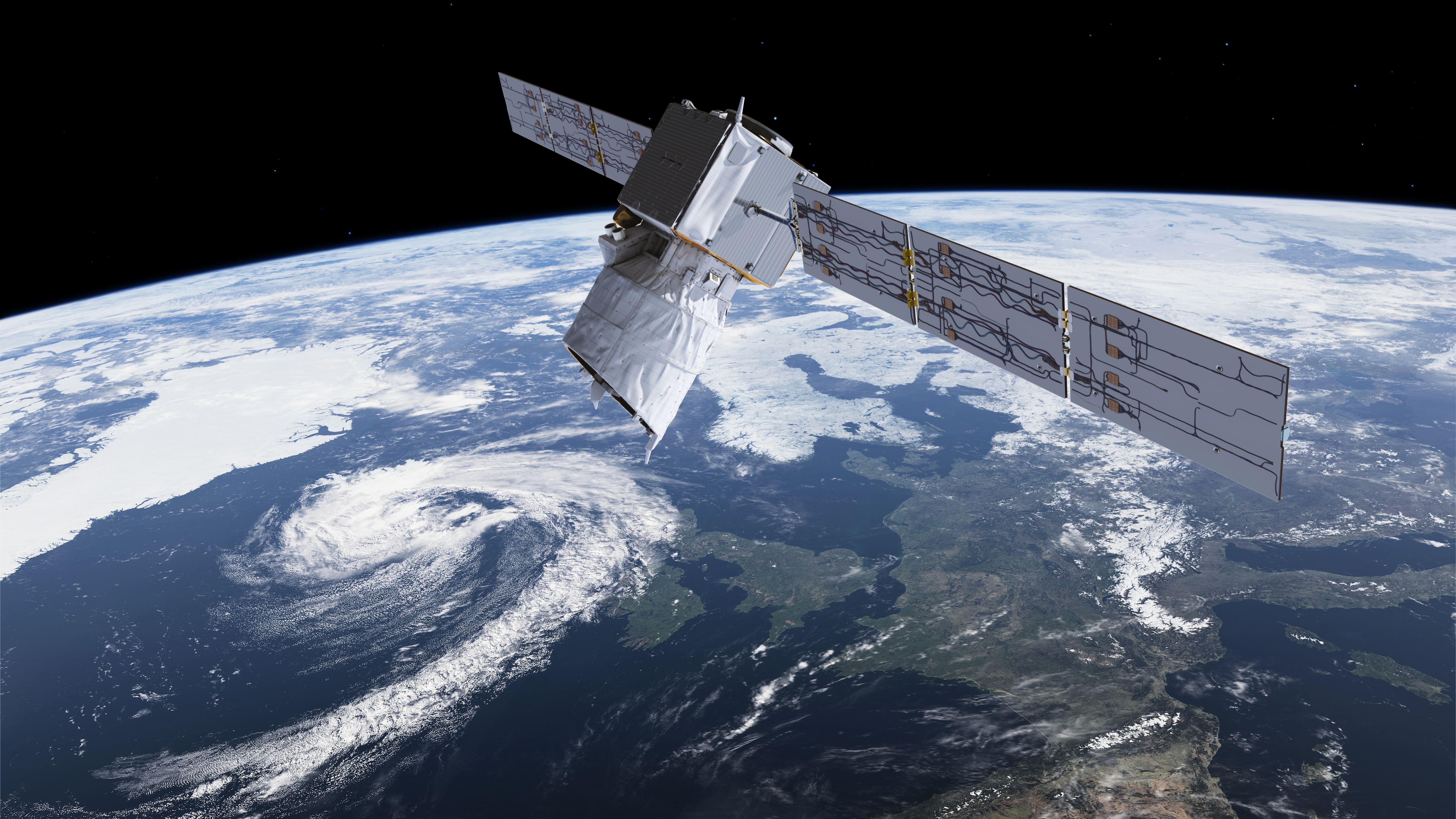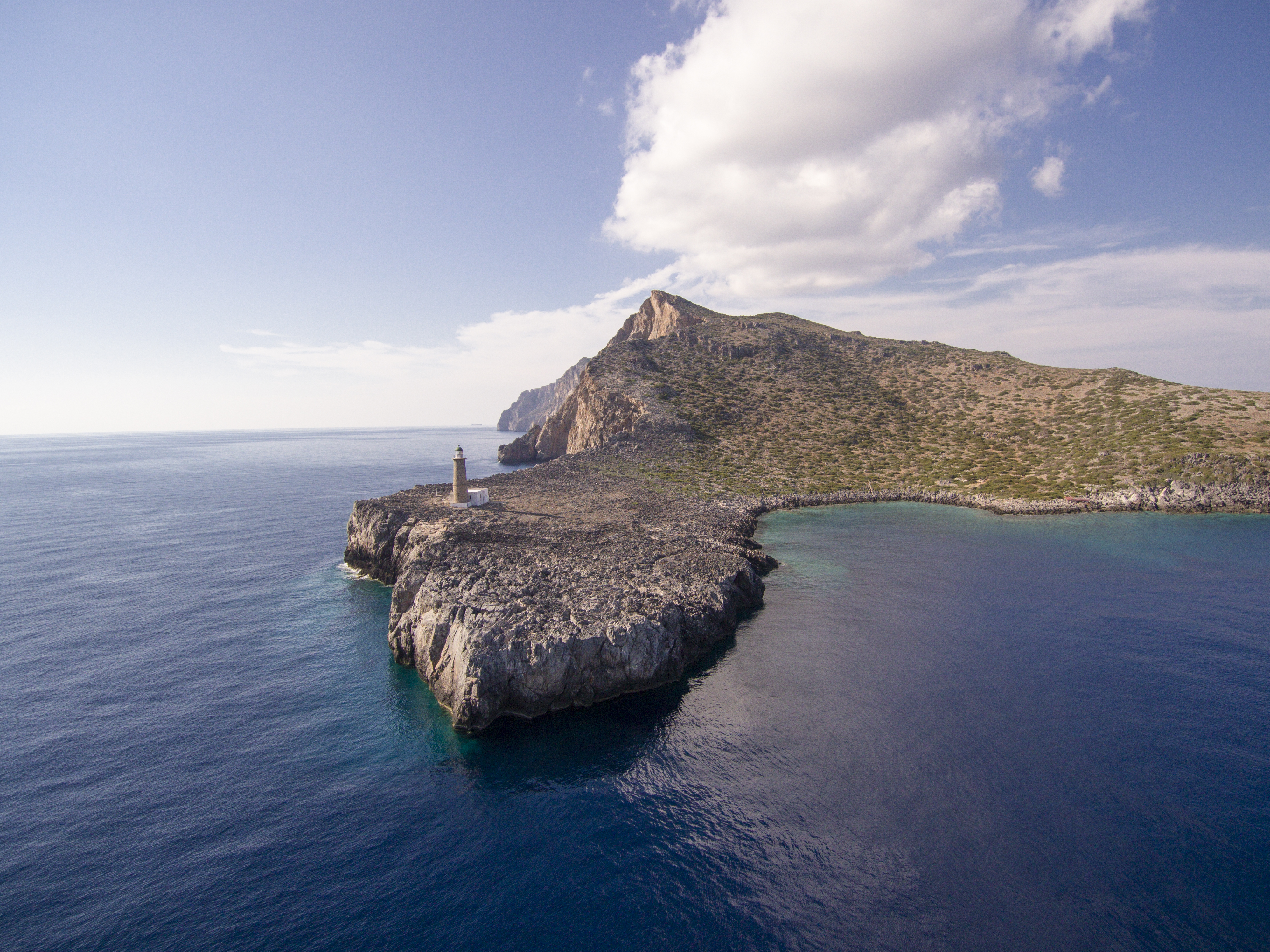-

Instruments developed by ReACT and Raymetrics
ReACT cooperates with Raymetrics to develop new lidar techniques for atmospheric remote sensing. The recently developed systems include the WALL-E lidar, a polarization lidar aiming to detect particle orientation and the EVE lidar, the ESA reference lidar system that mimics the operation of the space-borne lidar ALADIN,to validate the Aeolus mission.
ESA - ASKOS Cal/Val experiment for Aeolus Cal/Val
ASKOS is a Calibration/Validation experiment organized by ReACT, aiming to assess the quality of the aerosol and cloud products of the Aeolus mission of ESA. It will take place at the São Vicente island of Cape Verde during summer of 2021 More info
D-TECT ERC Consolidator Grant
The overarching goal of D-TECT is to understand the processes affecting the transport of desert dust particles to longer distances than expected by theory. D-TECT will tackle this paradox by studying the role of triboelectric charging on the atmospheric processes and by quantifying its impact on the evolution of the dust properties during transport. D-TECT will benefit by the measurements performed at the Climate Observatory of PANGEA at the island of Antikythera and Cape Verde.
Our Mission
The scientific mission of ReACt is to to promote world-class research towards understanding the Mediterranean climate and the regional processes that lead to extreme weather. More specifically, ReACT utilizes the synergy of ground-based and space-borne remote sensing along with theoretical models to understand the complex aerosol-cloud-radiation interactions that we meet in the Mediterranean environment.
See ReACT latest news/events









